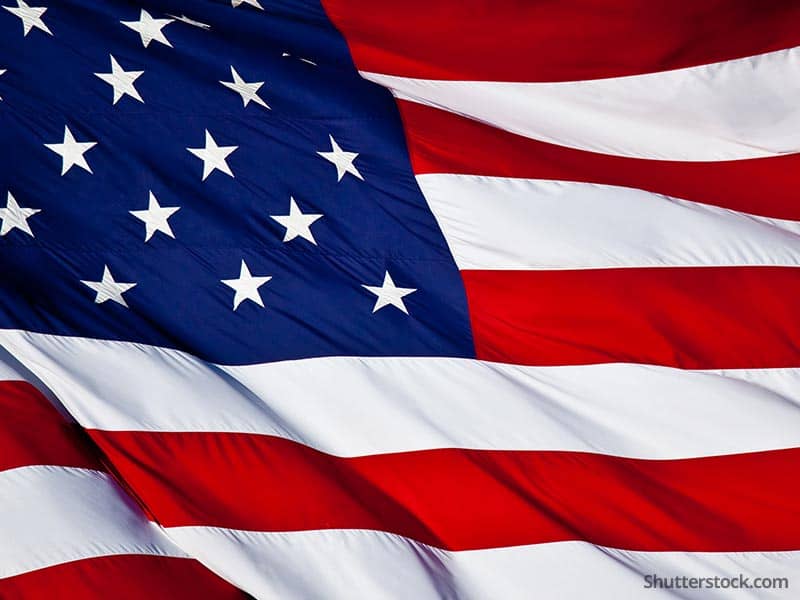China considers the Dalai Lama a political leader bent on dividing China rather than a religious figure. He said he was optimistic about the future of Tibetans. "China is in the process of transformation ... China is a great power, but it will have to follow the global trend of democracy, rule of law, freedom of speech, human rights,'' the 66-year-old Dalai Lama said. "In that context, I am very hopeful about the Tibetan issue,'' he said.
The Dalai Lama was discharged from Bombay's Lilavati Hospital last weekend after undergoing 11 days of treatment for a bowel infection that doctors said was caused by an amoeba. He was flown to Bombay on Jan. 27 by a chartered aircraft after he complained of abdominal pains while leading a special prayer ceremony at a major Buddhist pilgrimage center in Bihar state in eastern India.
On Thursday, the Dalai Lama said he fell sick when he had earlier gone for a pilgrimage in Rajgiri in Bihar. "When you go for a pilgrimage, more hardship is better. So, I walked with a stick, and while having lunch after my return, the pain started,'' he said. "I developed similar stomach problems in 1959 while crossing the Tibetan border,'' the Tibetan spiritual leader said.
The Dalai Lama fled Tibet in 1959 with thousands of supporters after a failed uprising against China. Since then, he has headed a government-in-exile in the northern Indian town of Dharmsala. He was awarded the Nobel Peace Prize in 1989 for his nonviolent struggle against Chinese rule.

